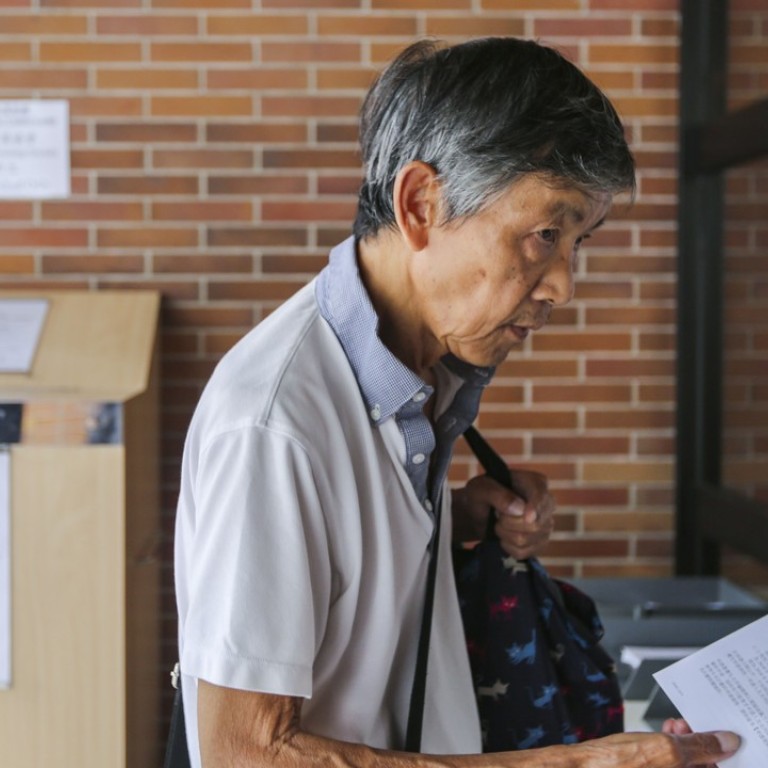Advertisement
Advertisement

A mandatory retirement age in an ageing society like Hong Kong is not only discrimination, it’s bad policy
I refer to the article, “Forced retirement is ‘age discrimination’, head of Hong Kong’s Elderly commission tells local businesses” (October 7).
With almost a third of Hong Kong’s population expected to be 65 or older in two decades’ time, Hong Kong’s already shrinking labour force is destined to be in dire straits. Along with this, the local birth rate has been on a downward spiral for years, and is among the lowest in the world. Therefore, I think it is unwise for companies to force elderly workers to retire just because they have reached a certain age, usually somewhere between 60 and 65.
An employee’s ability, barring a handful of sectors, doesn’t relate to their age. Seniors can also work diligently and efficiently, and even perform better than those a decade or so younger, aided as they are by their years of experience. Moreover, in a city without a universal pension scheme, forced retirement can not only impact the financial well being of elderly workers, but their mental health as well, increasing social costs.
Can Hong Kong's elderly afford quality lifetime rental flats?
Hong Kong’s worker shortage is severe, and extends across sectors, from low-skilled jobs in the construction industry to the medical field. This problem is solved by giving seniors the opportunity to work for longer and continue to contribute to society. Age discrimination must be eliminated. The government should spend more resources on training and education for older workers, to upgrade the existing work force and ease the labour shortage.
Suen Hok Man, Tsuen Wan

Post
